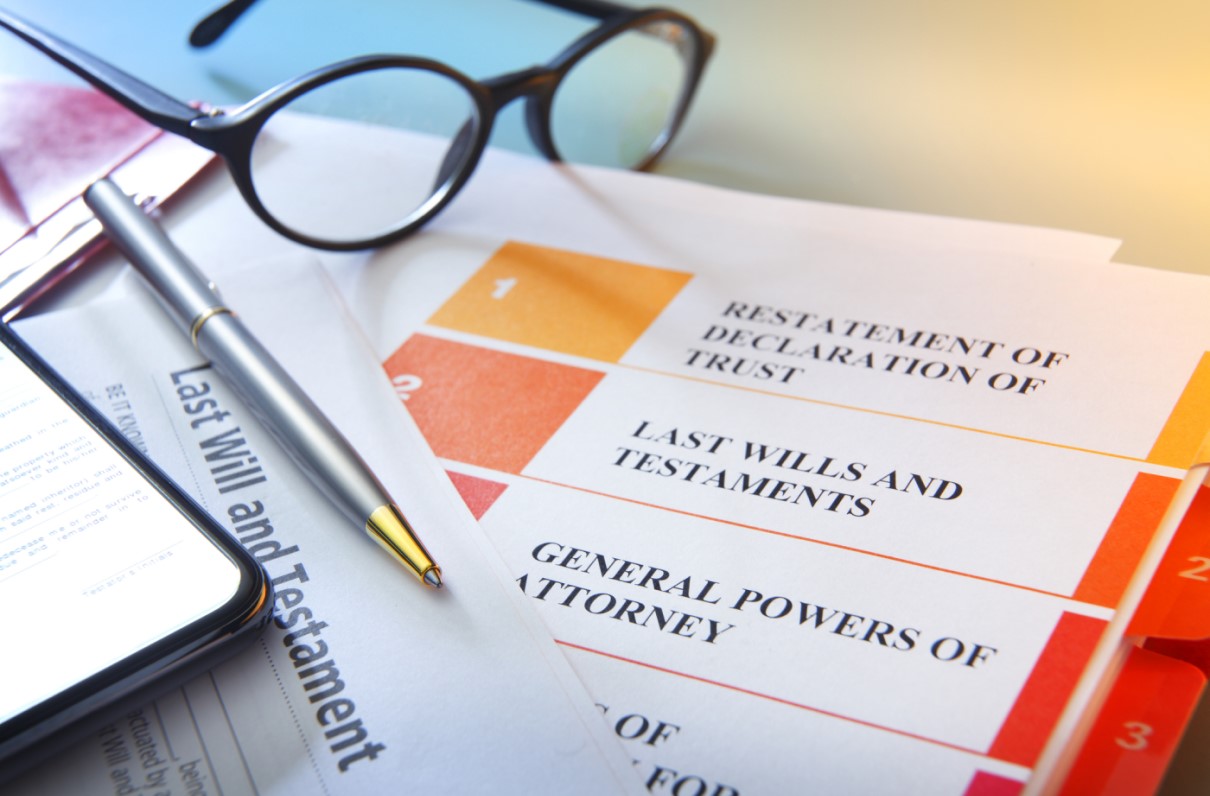
If you missed a recent MOAA webinar on the legal aspects of estate planning, you’ve got a second chance at critical information for your family and your finances.
The webinar drew more than 2,000 registrants, with many watching the broadcast live Oct. 4. You can access the recording at this link (or the registration button above); logged-in Premium and Life Members also have access to the recording, along with dozens more archived webinars.
(Not a Premium or Life member? Upgrade today using promo code LEGACY and receive a 10% discount!)
Special guest Mary Benzinger, senior legal assistance attorney at the Pentagon Joint Legal Assistance Office, offered advice on a wealth of topics from probate to taxes to trusts, but some of the most practical guidance covered basic preparation: Families should create two types of “grab and go” books, one for emergencies and another specifically for estates.
Everyone needs a small notebook with emergency information, Benzinger stressed. Some details to include:
[MORE GUIDANCE FROM MOAA: What You Need to Know About Estate Planning]
Setting up an estate is a complicated process, so your estate “grab and go” book includes a lot more information. “Try to prepare the book so that if you were a stranger to yourself, you’d be able to clean up the estate,” Benzinger said. You’ll want to include:
Put documents somewhere safe and make sure someone knows where they are, Benzinger advised. Don’t write on legal documents or mutilate them in any way, and periodically revisit the information in your binder to make sure it’s up to date.
While it’s not necessarily easy to create these types of books, they are a vital part of estate planning and a concrete way to take care of your loved ones when you are incapacitated or gone. And to those who would put off the task until another day, Benzinger says, “You don’t need it until you need it and then it’s a great thing to have.”
Want more advice? Download the webinar today!